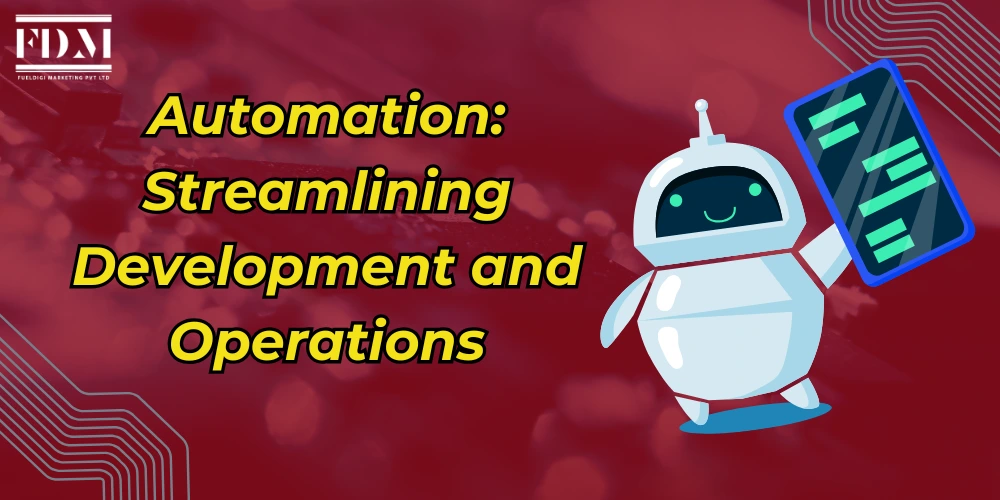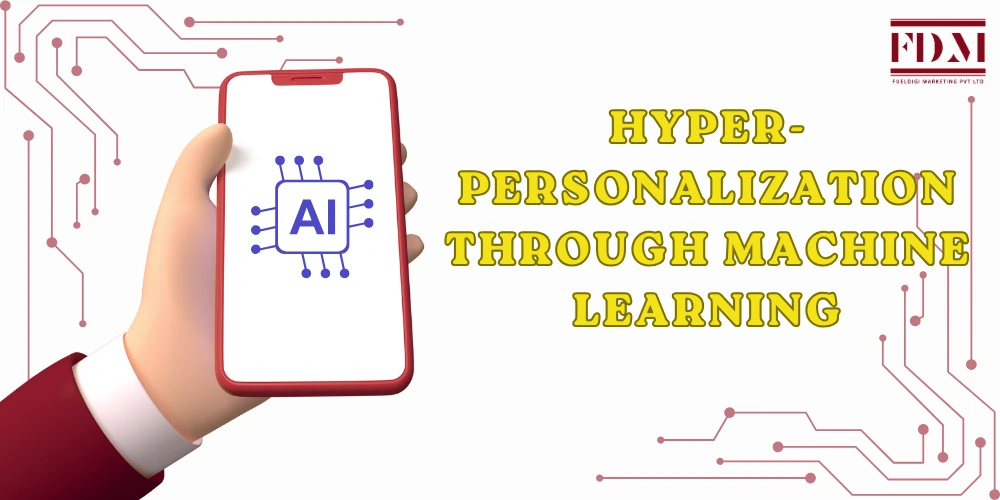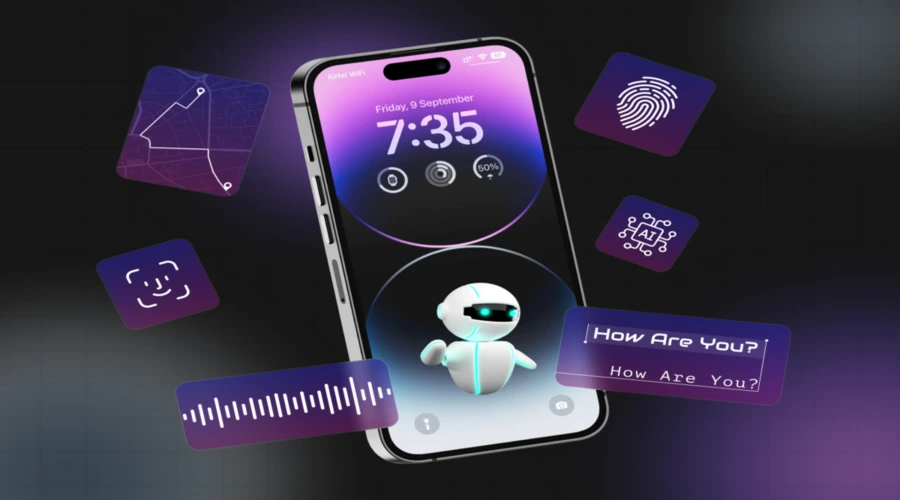How AI Is Shaping Mobile App Development in Chennai
The mobile app development landscape is changing utterly: the front-runner is artificial intelligence. From the widespread use of ChatGPT to complex custom apps, AI changes what goes into building mobile applications. It changes how developers create, optimize, and deliver mobile experiences. In the front of this shift is Chennai. Behind the scenes, the development teams use AI-integrated tools and methodologies that reimagine the industry.
The ChatGPT Revolution in Development Workflows
The approach to mobile application development has changed significantly since the introduction of the concept of integrating conversational AI models like ChatGPT. Development teams are already employing these in code generation, debugging assistant tools, and rapid prototyping. This translates to faster iteration cycles, reduced time to develop, and better code quality.
ChatGPT can be depicted as an intelligent coding partner for developers. In essence, these tools make creating cleaner code and flagging potential bugs easier. They automatically generate comprehensive documentation This ensures smoother development procedures and quicker delivery of high-quality applications.
Predictive Analytics: Estimating User Requirements
Predictive analytics intelligence is built into every modern mobile application. It encapsulates algorithms that delve into user behavioural patterns, data generated when using the application, and interaction history with the application. By doing this, the application can foresee a user’s demand before they arise.
This allows applications proactively to offer recommendations and preload data of probable interest. Applications optimize performance according to foreseen usage patterns. Predictive analytics is thus tied up with offering good user retention and an increase in engaged users. It also translates into changes in application interfaces, relevant feature suggestions, and predictions about the time when users will require assistance.

Automation: Streamlining Development and Operations
The second facet involves the transformation in the development process with AI-driven automation. Thus, machine-learning-based testing frameworks automate those edge cases that are otherwise discoverable only by a human tester. In the same way, AI is used in all continuous integration pipelines for optimization purposes to design the best build processes and deployment strategies.
Intelligent chatbots and automatic content curation represent the most appropriate application of automation within the applications. Minor system failures are fixed by a self-healing system, which needs no human intervention. Therefore, this level of operation will reduce operational overhead while increasing uniformity in the user experience.
1.AR/VR Integration: Enhanced Reality Experiences
Artificial intelligence level augmenting virtual reality on mobile apps. AI algorithms enhance AR object tracking and gesture recognition. Real-time environmental comprehension opens the door for optimum user experiences.
This certainly adds value to the creation of possibilities regarding retail apps, education platforms, and entertainment experiences. Natural interaction further improves performance optimization and user experience on mobile devices, which was impossible until now.
2.IoT Connectivity: The Smart Ecosystem
AI is adding more intelligence to the IoT ecosystem. Mobile apps are now the focal point of intelligent control for smart homes, wearable devices, and industrial IoT systems. AI algorithms analyse data across various connected devices, spot patterns, and trigger an automated response if that contributes to efficiency or improved convenience for the user.
This process straightens the Mobile App Development Company in Chennai approach since applications that need to be developed are in great demand when it comes to different fields using IoT integration.

Hyper-Personalization Through Machine Learning
Gone are the days when AI-powered personalization was done through conventional recommendation engines. The contemporary app utilizes machine learning to comprehend user-specific habits and modifies interface elements in real time. Functionality changes are driven by usage patterns to provide every individual with a unique experience.
Machine learning algorithms track user interaction, preferences, and context to provide personalized content and optimize navigation within apps. These algorithms even customize the visuals to match the taste of individual users. Companies like FuelDigi Marketing are demonstrating how such AI-driven personalization can react to a user’s digital engagement and satisfaction.
1.Accelerated Development Cycles
The development cycle has been shortened since the introduction of AI solutions, which offer automated code generation, smart debugging, and rapid prototyping capabilities. An Android App Development Company in Chennai is well aware of this and leverages such a solution to keep delivering applications at record speed without compromising the quality.
Modern-day development frameworks allow AI assistants to generate boilerplate code. They also suggest ideal architectures and even diagnose possible scalability issues at the planning stage. Hence, teams spend less time doing tedious, mindless coding and more time on innovation and customer experience.
2.The Future Landscape
AI has been introduced in mobile app development, and promising developments are on the way. Edge AI computing will enhance on-device processing, creating voice interactions that are reliably intuitive through state-of-the-art natural language processing.
To stay competitive, one must partner with relevant firms like a top Best Android app development company in Chennai, which has keen insight into these AI trends.
Conclusion
The AI revolution in mobile app development is no longer a question of speed but a prerequisite for a paradigm shift in our design, creation, and delivery approach to mobile experiences. It can also be AI-driven, from development workflows assisted by ChatGPT to futuristic predictive analytics combined with IoT, letting developers build more intelligent apps that are effective and engaging.
As Chennai continues to develop its standing as a premier technology hub, all development communities here are well-positioned to drive this AI-powered transformation. The future lies in these AI capabilities while still keeping a firm focus on user experience and pragmatic business outcomes. Those who successfully embrace these technologies today will shape tomorrow’s mobile experiences.
